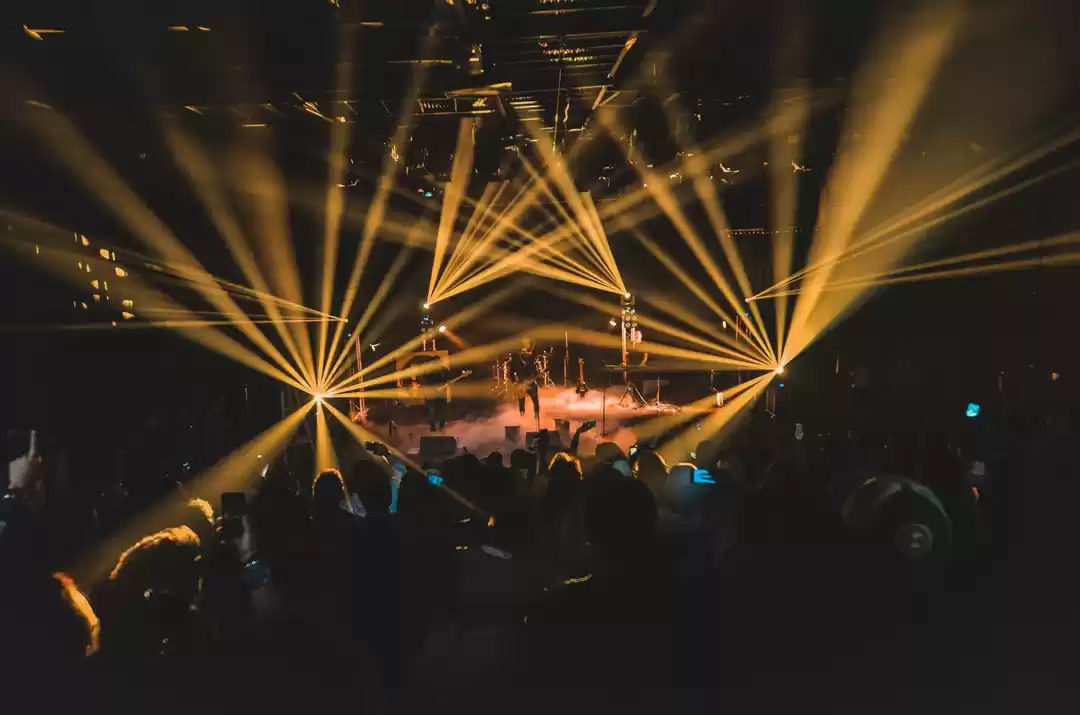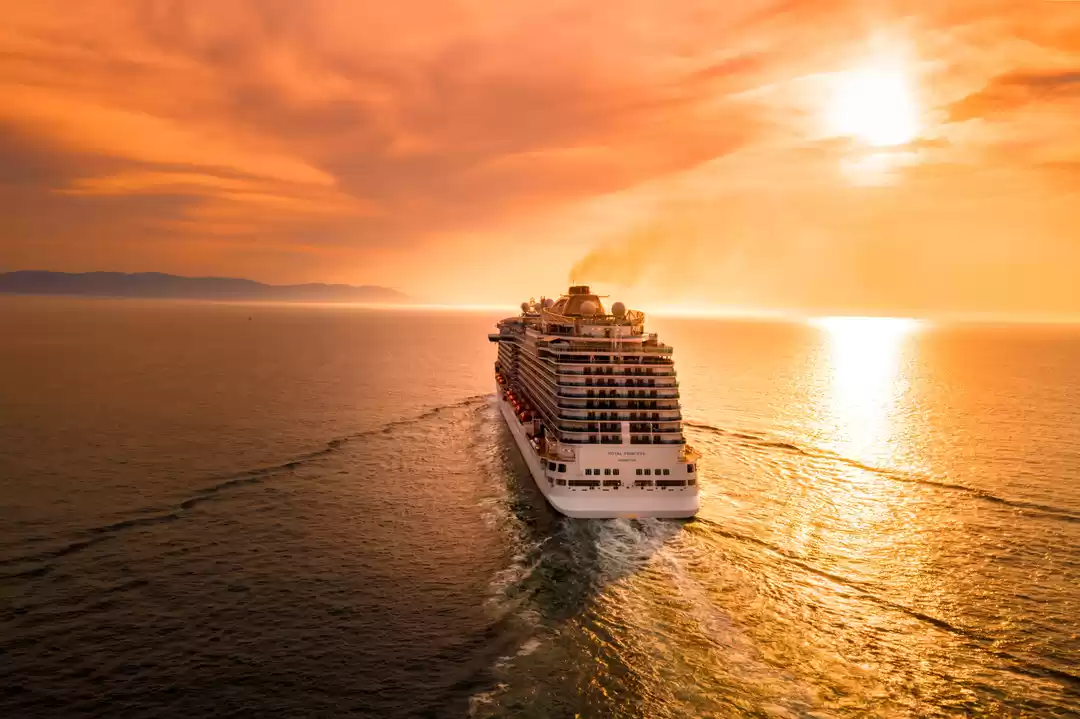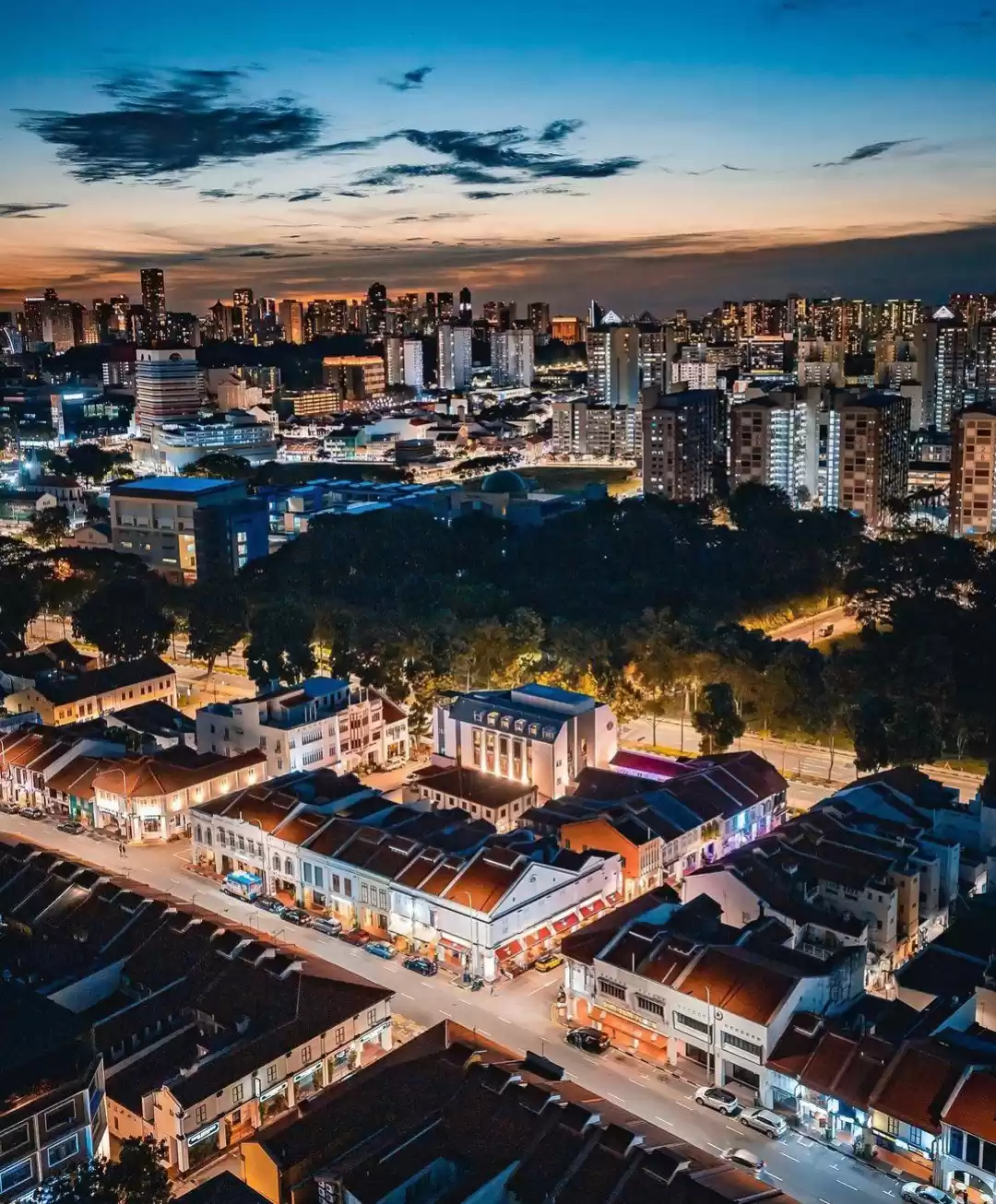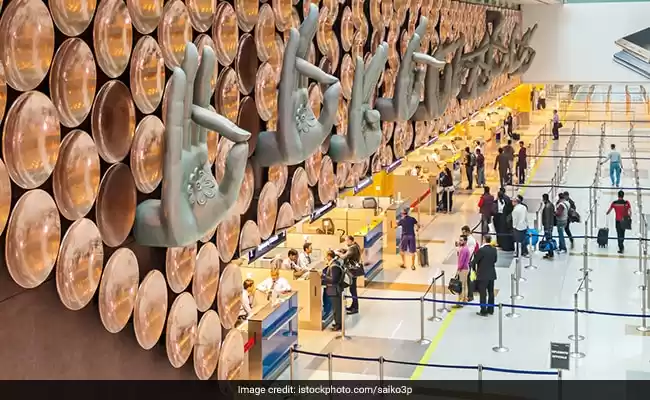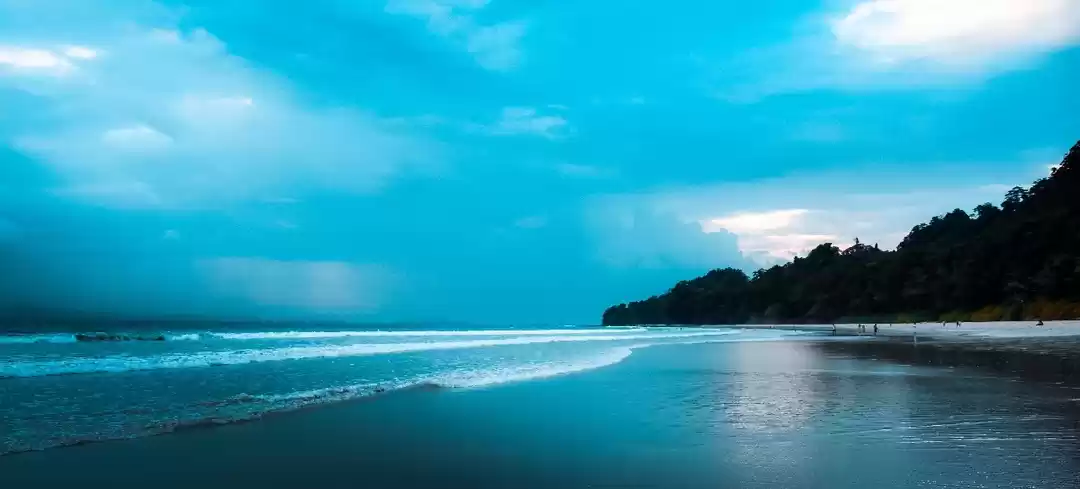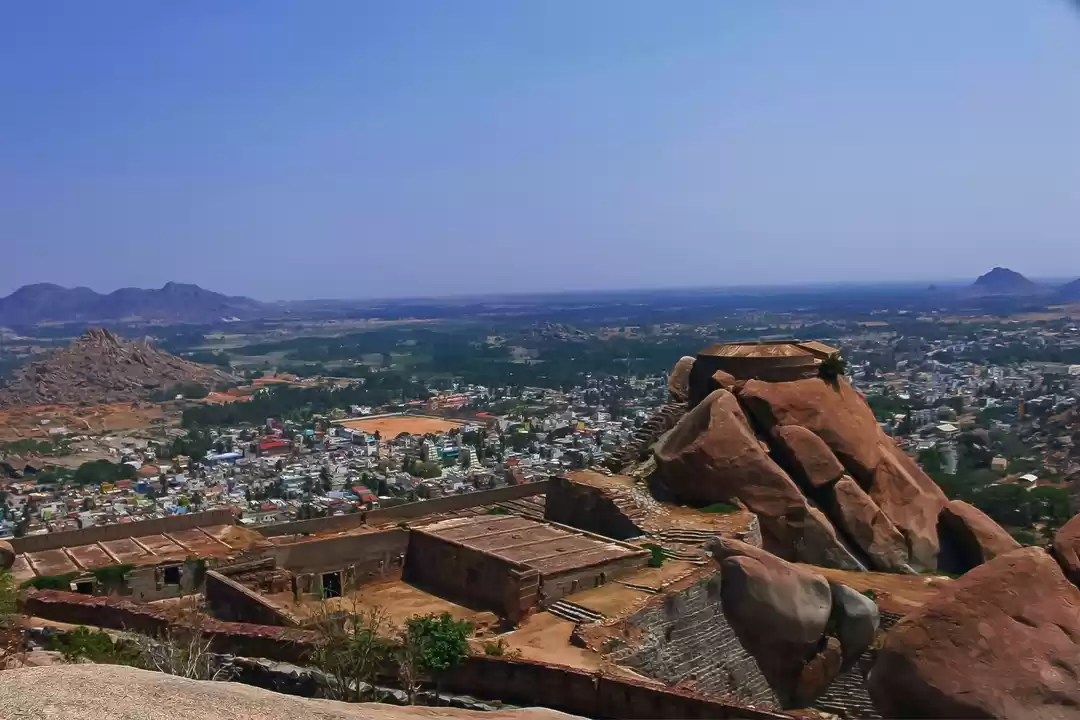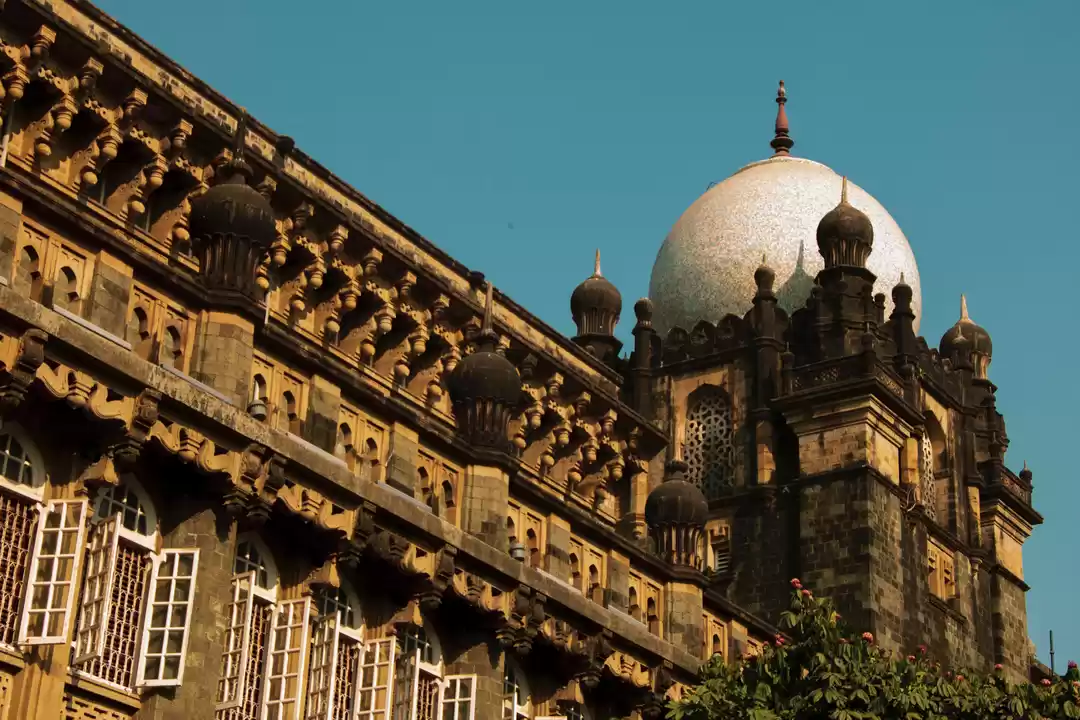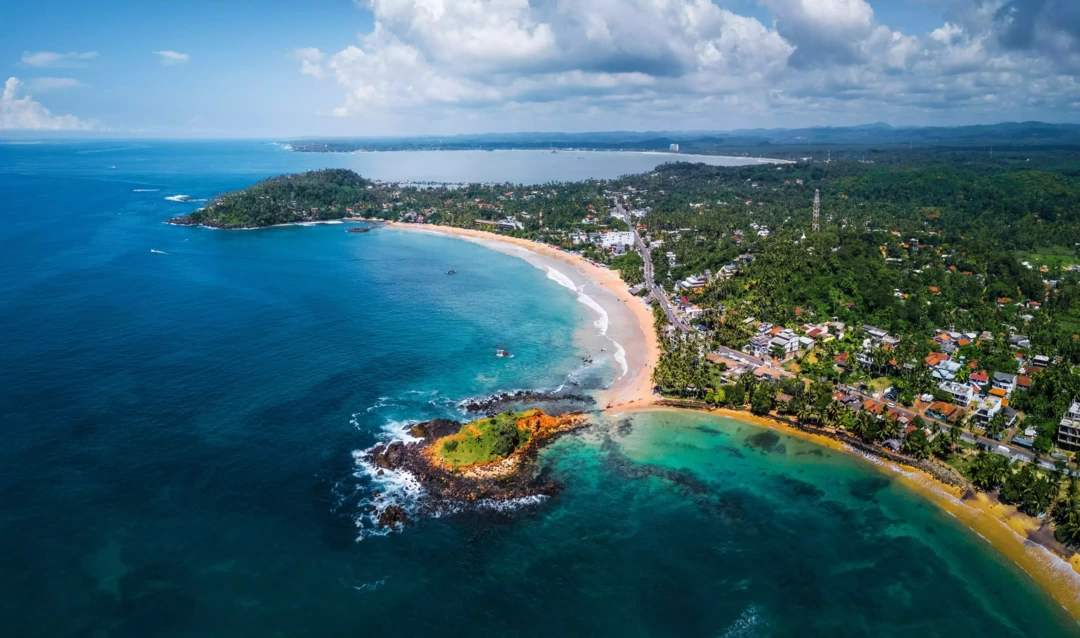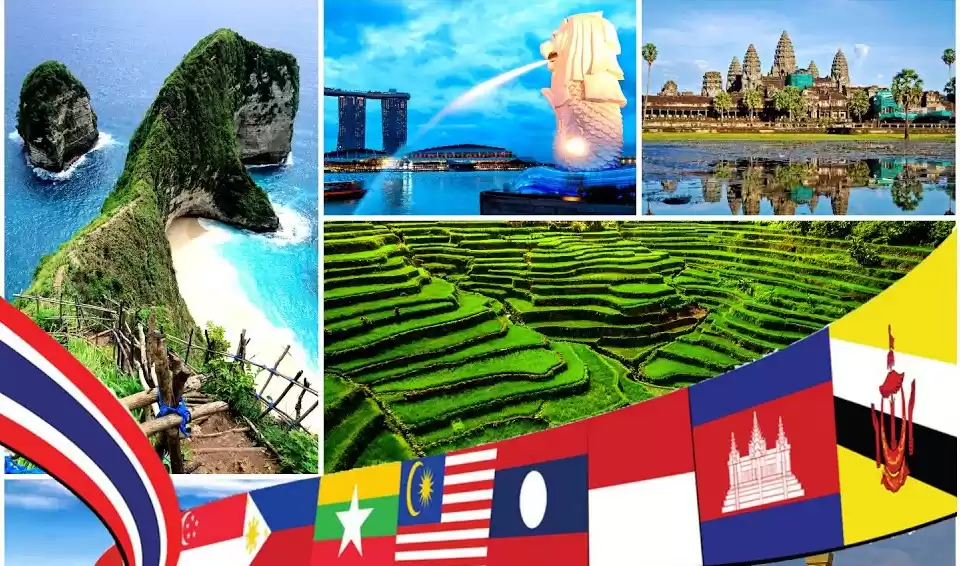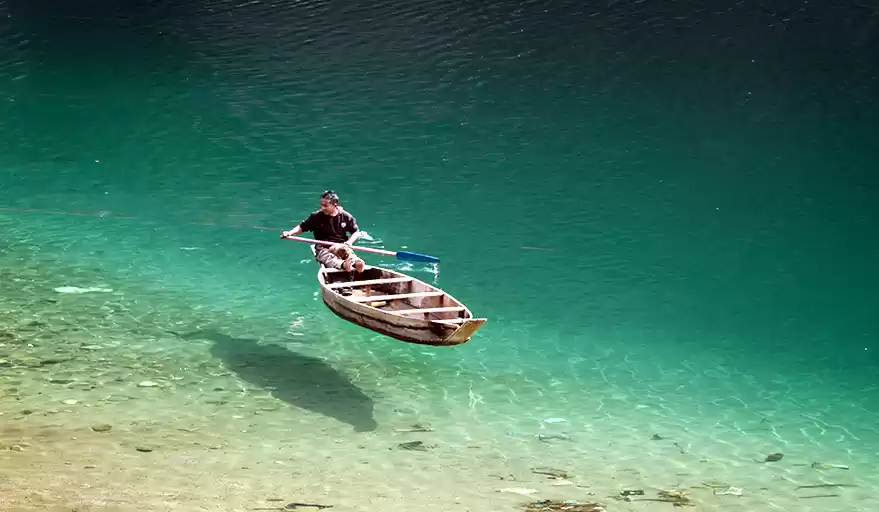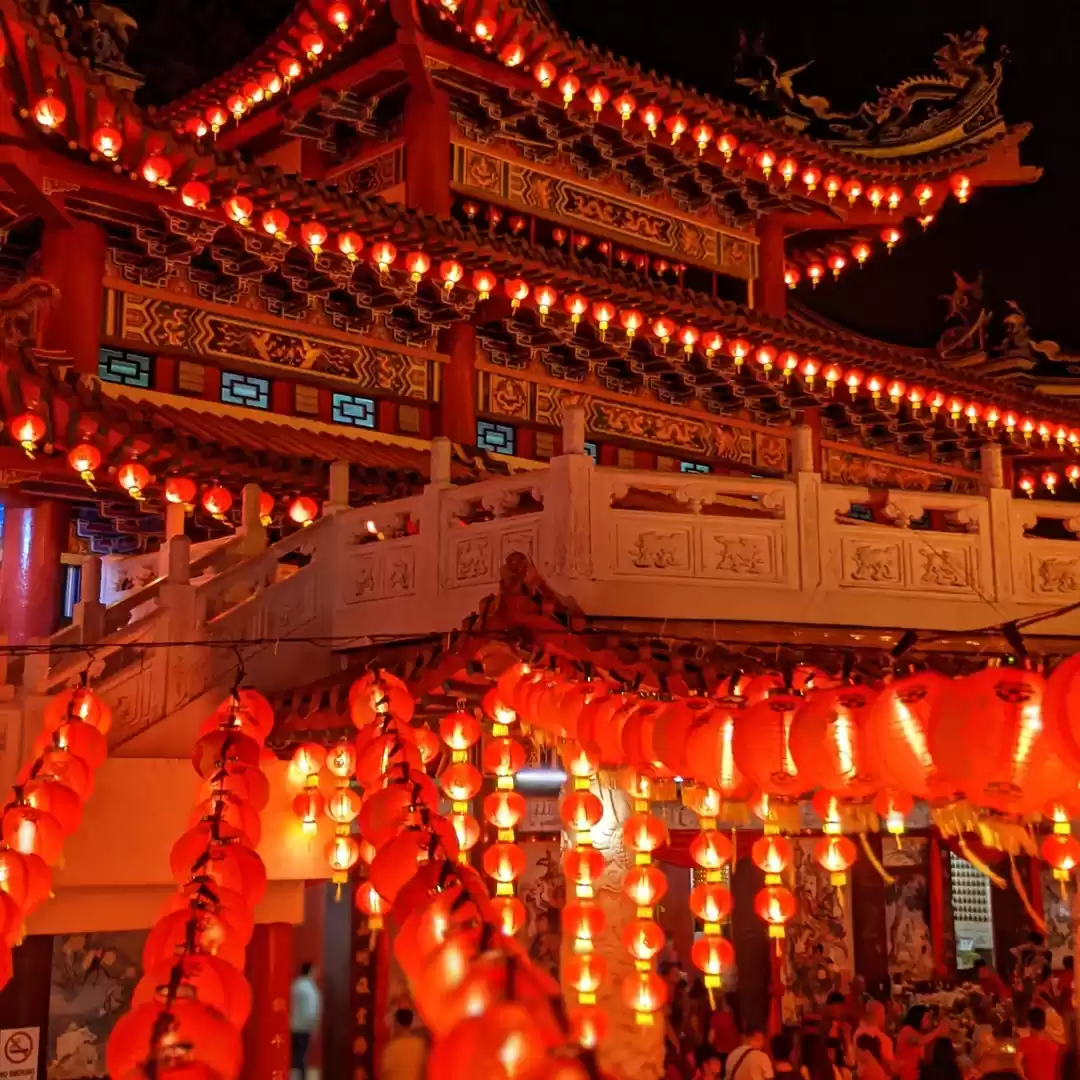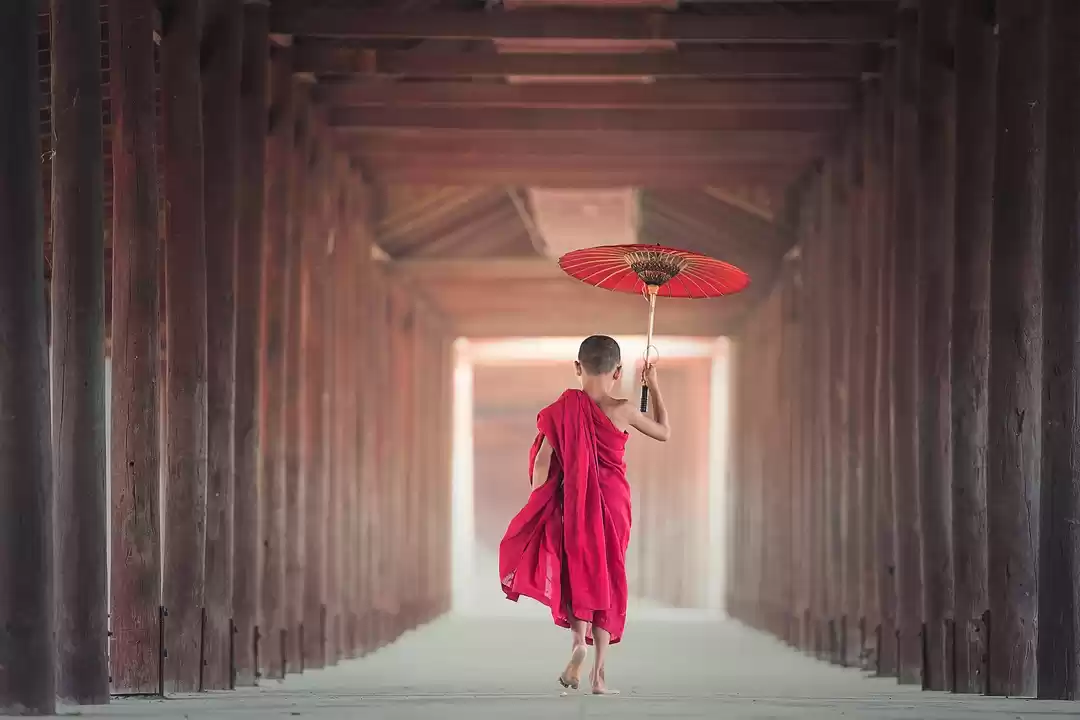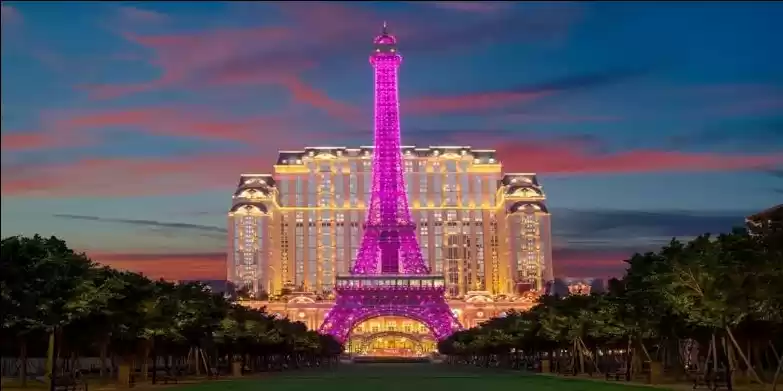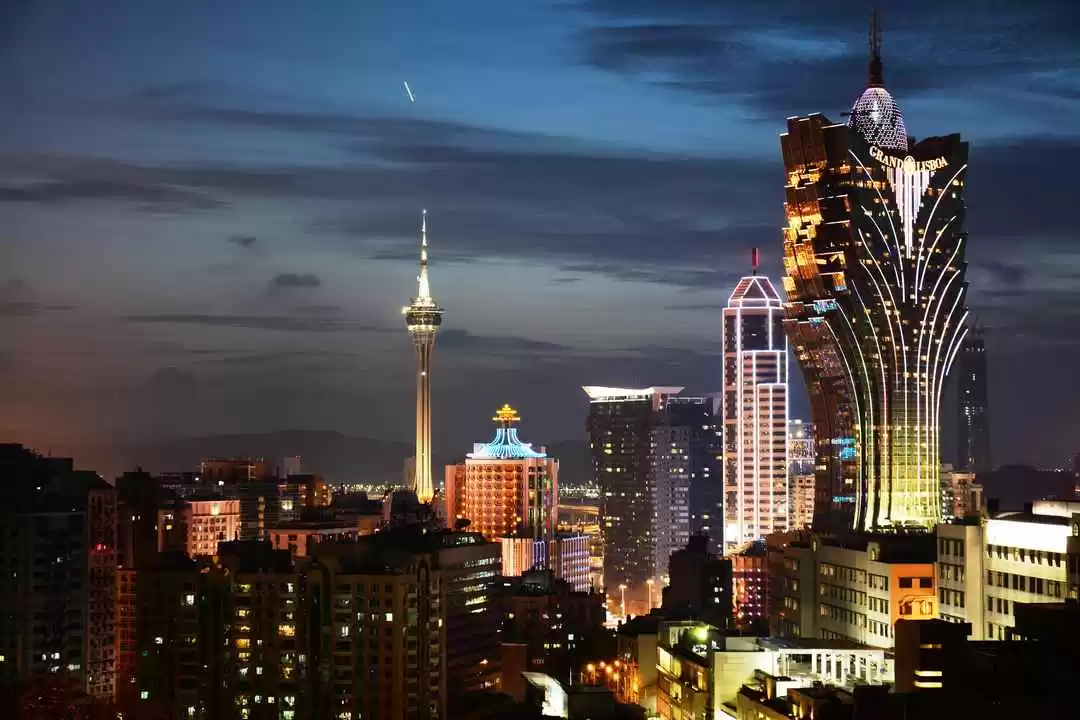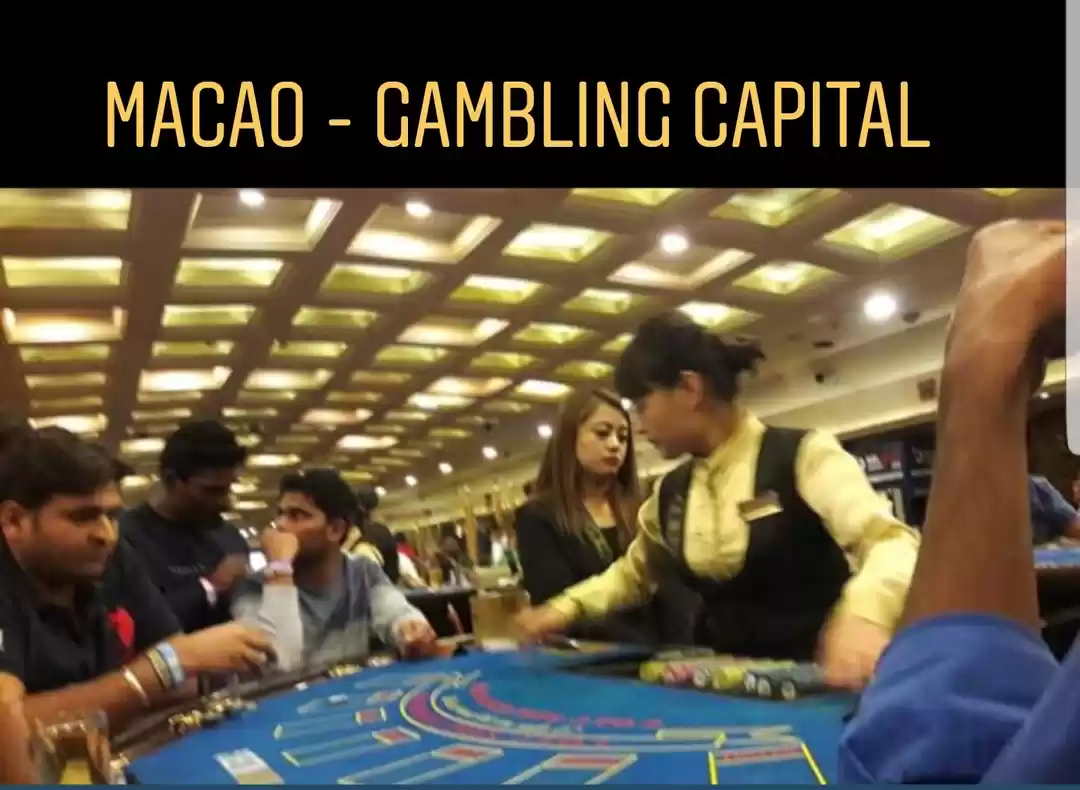I find Macau a very fascinating place with lots of interesting facts that may surprise you.
1. Bigger than Las Vegas
Although Macau is often referred to as Las Vegas of the East, Las Vegas should actually be called the Macau of the West as the Chinese territory has been bigger than Las Vegas in casino revenue since 2007, despite Western casinos only arriving in Macau in 2002 and the first hotel on the infamous Cotai Strip opened its doors in 2006.
In 2011, Macau’s gambling revenues were four times higher than those of Las Vegas. This is mostly because Macau is the only place in China where gambling is legal.
VIP gambling was banned by China in 2014 with a direct slump in Macau’s revenue, but has since recovered. It is well-known that Macau is a place where wealthy Chinese go to money launder and get cash out of the country, away from China’s strict monetary controls. Once the cash is converted into chips, it can then be reconverted back into Hong Kong dollars which are freely traded.
Most Chinese gamblers will come to Macau with the help of a junket, a middleman who helps them organise the trip, get the cash changed into chips and back into Hong Kong dollars for a cut of the revenues.
2. The Eiffel Tower
Macau has its own Eiffel Tower now, a half-size replica of the real deal in Paris. The Tower is part of The Parisian, a $US2.7 billion casino hotel that opened late last year.
In between hands of Black Jack, head to the Observation Deck on level 37 for great views of the neon-lit Macau landscape, or reserve a table at La Chine on level six, where classic Chinese dishes are served with a French twist in a refined setting. Red-bean crepes, anyone?
There are 3,000 rooms at The Parisian, marble shopping promenades including designer brands, and a spectacular entry area with a huge domed roof and fountain. Keeping up French appearances, there are mime and street performers mingling with the crowds.
3. Visitors for the day
Although Macau receives 30 million visitors a year, 90% of them come from China and 70% from mainland China. Macau’s international airport only opened at the end of the 1990s and ferry rides from Hong Kong continue to be the main arrival point into Macau. Until mid-2017 Macau had more day visitors than overnight stays.
I’ve also written an article that explains what to do for a day visit to Macau. Check it out here.
4. Gambling in Macau is relatively new but huge
Some of the most surprising facts about Macau are related to its economic profile. Despite gambling generating 76% of the total government revenue in Macau, the explosion only started when legislation was issued in 2001 ending the local monopoly on casinos that belong to the wealthiest Macanese tycoon: Stanley Ho, owner of the Grand Lisboa flash hotel and of the largest cushion cut diamonds in the world (it is so large that I had to Google it to make sure it was in fact real).
Gambling brought prosperity to this otherwise neglected Portuguese colony that has lost its fabled strategic position in the Pearl River when Hong Kong’s port overtook it at the end of the 19th century.
Today’s unemployment rate is less than 2% and Macau’s GDP per capita (adjusted for purchase parity) stands at $98,000 in 2016 making it the 6th highest in the world. The country has grown so much that it often runs on a surplus and citizens are thought to receive cheques back from the government. This has also happened to me in Singapore.
5. Changing geography and territory
You may be surprised to hear that the foundation where all the fancy hotels and casino resorts on the Cotai strip is built was actually water a couple of decades ago which was a reclaimed landfill in 2005. That’s right, all those luxury and over the top properties are laying on rubbish. Interesting, isn’t it?
Originally, Macau was made of the peninsula, on mainland China, and the two island of Taipa and Coloane. There are even beaches in Macau that you can visit, which is an interesting fact in itself.
What is most amazing is how Macau’s borders and land masses have been evolving in the last few decades. User Bourrichon made an interactive map of Macau’s map that is just astonishing.
6. The Cotai Strip is trademarked
The word Cotai was made from the two islands it connected, Coloane and Taipa. But the naming of the main casino road as The Cotai Strip was first coined by Sand Corporation, the largest casino developer and operator in Macau.
Sands first used the name to refer to the main part of Cotai which it dominates, and it trademarked it with the United States Patent and Trademark Office. The term is often used to refer to all the casino resorts in the area, whether they are on the main strip or not.
7. First and last Asian European colony
One cannot visit Macau without understanding its most important fact: Macau was a Portuguese colony for about 400 years.
As the Portuguese arrived in Macau in the 16th century, Macau became the first colony of a European empire in the Far East. As the Portuguese could not return Macau to China until 1999, it was also the last remaining colony in Asia.
The return also meant that Macau would be treated following the same rule as Hong Kong under the philosophy “one country, two systems” which refers to the fact that “China’s political and economic system would not be imposed on Macau, and that Macau would enjoy a ‘high degree of autonomy’ in all matters except foreign affairs and defence for the subsequent 50 years”, as the World CIA Factbook puts it.
8. No alcohol to loosen up on a game of Baccarat
It was quite surprising to see that at the casino tables, gamblers are not offered alcohol to loosen up and become more comfortable with big bets like in Las Vegas but, instead, they are given tea. I have read in a few forums that some of the casinos do give out free drinks if you ask the pit boss or the waitress.
The VIP sections and rooms will also have free alcohol. But Macau is not Las Vegas in this matter and Chinese culture is not used to tipping so there is less incentive. You can get unlimited amounts of coke, milk, tea or coffee.
Also, you may find it interesting to see that the most popular tables are not for poker or blackjack but rather for a simple Chinese game: Baccarat.
9. The largest casino in the world
Although Macau has far fewer tables and casinos than Las Vegas, it has eight of the top ten largest casinos in the world with the number one spot taken by The Venetian which was the first to open and the largest occupying a total of 546,000 square feet, over 4,000 gaming tables and an indoor arena that can host up to 15,000 people (I can testify as I attended a company event there and it was massive!).
The Venetian is a massive undertaking and you can spend an entire day inside its complex, hotel, bars, restaurants, stores and entertainment options and never have to step outside. In case you were wondering, the second largest casino, The City of Dreams, is also in Macau. Source
10. De facto pegged currency
You can visit Macau and use Hong Kong dollars without any trouble. The currency is used almost interchangeably although the Macau Pataca has a slightly lower value so you should try to get Hong Kong dollars as much as you can. The difference in exchange rate between the two is however tiny and only enforced in specific instances like maybe some stores or casinos.
11. A tiny place with high population density
As one of the smallest in the world, ranking 238 out of a list of 254 territories, Macau measures just 28 square kilometres (a sixth of Washington DC) and has a border of just 3km with China in the mainland part of Old Macau. You can see in the map comparisons above how small it is when put next to Hong Kong.
The 650,000 approximate people living in Macau are 100% urbanised and make Macau the number one most highly densely populated country in the world as per the United Nations with over 21,000 inhabitants per square kilometre.
12. The word Macau was a misunderstanding
The word Macau is thought to come from the misunderstanding by Portuguese seafarers when they first arrived on the island. Faced with A-Ma Temple, the locals told the Portuguese that the temple was devoted to the goddess of seafarers and fishermen, Mazu, which is known as “Maa Gok”. From there, the Portuguese called the area Macau. Macau, in Chinese is known as Aomen which means “inlet gates”.
13. Over the top hotels and resorts
Macau has some of the most over the top, extravagant and incredible hotels, casino resorts and entertainment options you can imagine. So much of it is so obscene that it is hard to get your head around it. Las Vegas does feel a bit the same but the difference is that Macau is made of a lot of high rolling VIP gamblers whereas Las Vegas is filled with visitors coming for the fun, the party and the atmosphere first, then for casual gambling. As a result, Macau’s casinos are a step above anything else.
For example, I mentioned that The Venetian is the largest casino hotel in the world. There are a few other firsts, tallest and largest in Macau. Studio City has an eight-shaped ferris wheel and Macau Tower has the world’s tallest bungee jumping, from a building, no less.
14. Local cooking in Macau consists of a blend of Cantonese and Portuguese cuisines.with ingredients and seasonings from Europe, South America, Africa, India, and Southeast Asia and local Chinese ingredients.
15. Even if you pieced together the land masses Macau has added to its territory since 1998, it would only be equal to the size of 700 football arenas.
16. There are more than 4 times as many gambling tables per 1,000 residents than hospital beds.
17. Hot tickets
All the big-name casino hotels and integrated resorts – The Sands, City of Dreams, Galaxy, Studio City, The Parisian, The Venetian and Wynn Palace among them – stage world-class shows, including Broadway and West End performances from time to time.
When The Parisian opened in Macau last year, the first show in its 1,200-seat theatre was the smash hit Michael Jackson tribute, Thriller Live.
Some Macau shows stay for only a short season, so you need to keep a look out on the hotel websites for what’s coming up, but others are there for the long haul.
One of the longest-running is The House of Dancing Water. It opened in 2011 and is still packing in audiences at the City of Dreams. It has been described as Singin’ in the Rain musical meets China folk tale; then add breathtaking jets of water, high diving and acrobatics in the style of Cirque du Soleil. If you’re in the front rows, prepare to get wet.
The jaw-dropping House of Magic is another Macau show destined to stay for a while and features the world-acclaimed illusionist Franz Harary.
There are also classical music performances, K Pop stars, rock stars (The Rolling Stones have played previously), Moulin Rouge-style can-can shows and Cantonese opera to see.
Afterwards, step out on the town and try a couple of Macau’s nightclubs. One of the hottest is the just-revamped China Rouge at the Galaxy Macau, or get into the groove with the celebrity DJs at Pacha Macau at Studio City.
18. Fast and furious
There’s a certain appeal to fast cars and street circuits, and Macau doesn’t disappoint. Its annual Grand Prix delivers high-octane excitement and is on this year from 16 to 19 November.
These may not be the big boys of Formula 1, but the racing sees the world’s best Formula 3 drivers rolling the dice on the six-kilometre street circuit that includes long-and-fast straights (with cars hitting 275km/h), as well as tight corners.
Previous winners include drivers who stepped up to Formula 1 star status, including Michael Schumacher and Ayrton Senna.
Adding to the four days of excitement, motorbikes also race on the street circuit that has often been referred to as one of the most testing in the world.
19. Wynn Palace and that incredible gondola ride
A slow ride in the Skycab at the newly opened $US4.2 billion Wynn Palace is sure to leave a lasting impression. The Doppelmayr lift (the same company that provides the lifts in The Alps and at ski fields around the world) rises 30 metres over a 3.25-hectare performance lake.
Passengers in the air-conditioned six-person cabs are treated to a breathtaking show of music, light and fountains, with water shooting into the air from 1,200 jets in the lake.
Two of the lift’s towers represent golden dragons, said to be a symbol of good luck for casino visitors.
Another good vantage point for the fountain show is in Wynn Palace’s high-end Cantonese restaurant, Wing Lei Palace, where the service is as crisp as the tablecloths.
Big windows provide diners with a clear lake vista, that’s if they can take their eyes off the wok-fried sliced duck or barbecued suckling pig.
Wynn Palace’s Wing Lei only opened in Macau in August 2016, but it has all the makings of a Michelin-star restaurant.
20. Old Town Charm
The historic centre of Macau provides a breather from all the glam and glitz of the casino hotels. Here, you’ll find the iconic Senado Square with its wavy pattern of black-and-white cobbles; A-Ma Temple, which was built in 1488 and is the oldest surviving building in Macau; and the famous façade of St Paul’s, a church that was built between 1602 and 1640.
Everywhere you turn there are historic buildings, urban squares, and even fortresses, reflecting the Chinese and Portuguese heritage of Macau.


